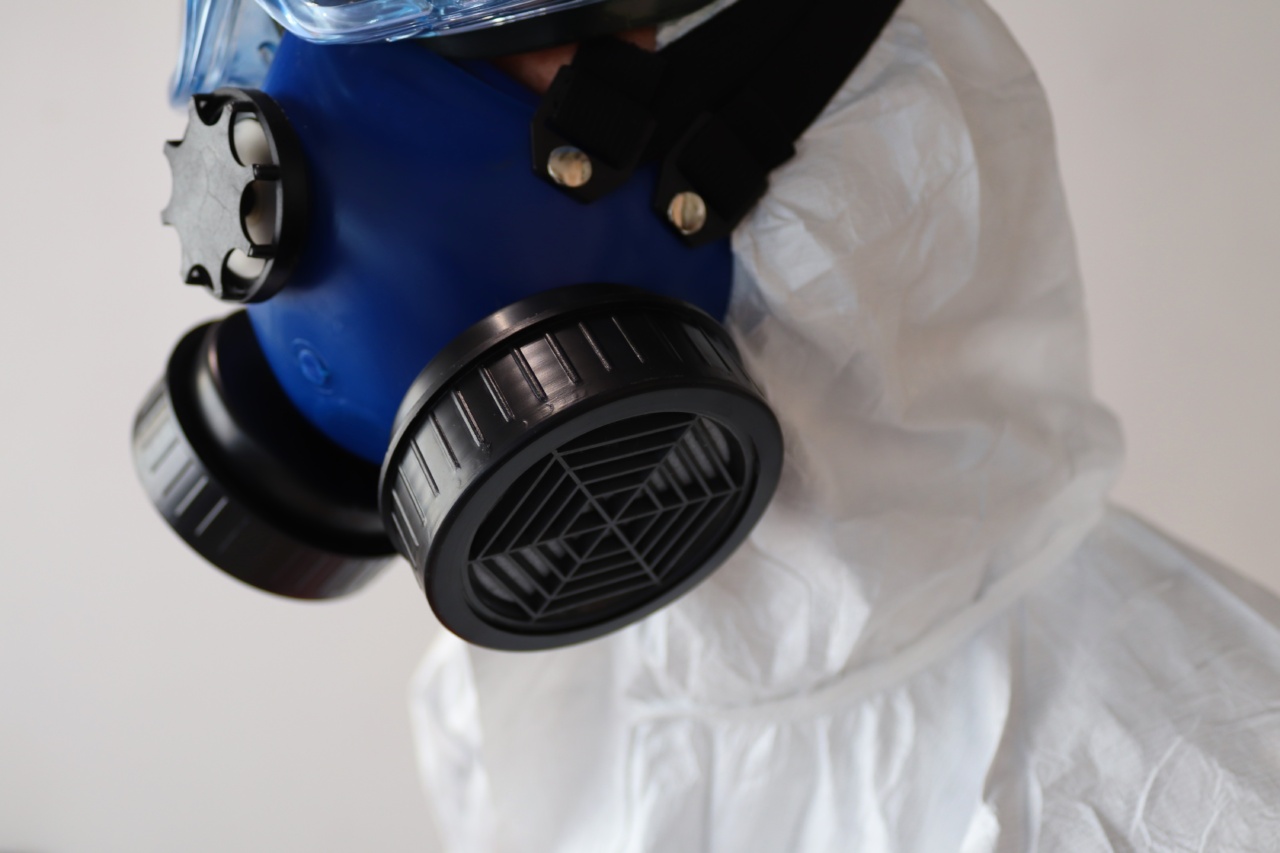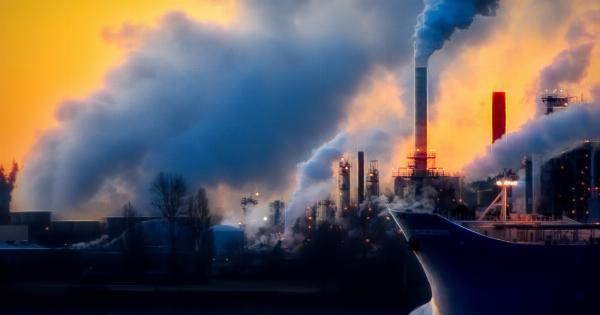Air pollution is a major global health concern, particularly for children and teenagers.
Breathing polluted air can have both immediate and long-term effects on the respiratory system, which can lead to chronic respiratory problems and even premature death.
Immediate Effects of Air Pollution
Exposure to high levels of air pollution can cause immediate effects on the respiratory system of children and teenagers. Such effects include:.
1. Coughing
Children and teenagers are more likely to experience coughing when exposed to polluted air. This is because air pollution irritates the lining of the respiratory tract, making it more sensitive and prone to coughing bouts.
2. Wheezing
Air pollution can trigger wheezing in children and teenagers who have asthma. It can also cause temporary wheezing in healthy children and teenagers. Wheezing is a whistling sound that occurs during breathing and is a sign of airway obstruction.
3. Shortness of Breath
Exposure to air pollution can cause shortness of breath in children and teenagers. This is because polluted air can reduce the amount of oxygen that is available to the lungs, making it harder to breathe.
Long-Term Effects of Air Pollution
The long-term effects of air pollution on the respiratory system of children and teenagers are more serious. Long-term exposure to air pollution can lead to chronic respiratory problems, such as:.
1. Asthma
Asthma is a chronic respiratory condition that affects millions of children and teenagers worldwide. Exposure to air pollution can trigger asthma symptoms and make asthma worse.
Research shows that children who grow up in areas with high levels of air pollution are more likely to develop asthma.
2. Chronic Bronchitis
Chronic bronchitis is a condition in which the lining of the airways becomes inflamed and produces excess mucus. Exposure to air pollution can cause chronic bronchitis in children and teenagers.
The symptoms of chronic bronchitis include coughing, wheezing, and shortness of breath.
3. Decreased Lung Function
Air pollution can permanently damage the lungs of children and teenagers, leading to a decrease in lung function. This means that the lungs cannot take in as much air or move as much oxygen into the bloodstream.
Decreased lung function can lead to chronic respiratory problems and even premature death.
Prevention of the Effects of Air Pollution
The best way to prevent the respiratory effects of air pollution in children and teenagers is to reduce exposure to polluted air. Here are some ways to do this:.
1. Avoid High Traffic Areas
High traffic areas, such as busy roads and highways, are major sources of air pollution. Avoiding these areas as much as possible can reduce exposure to polluted air.
2. Use Air Filters
Air filters can be used in homes and schools to remove pollutants from the air. High-efficiency particulate air (HEPA) filters are the most effective at removing pollutants from the air.
3. Plant Trees and Shrubs
Trees and shrubs can help to reduce air pollution by absorbing pollutants from the air. Planting trees and shrubs in and around schools and homes can help to improve air quality.
4. Encourage Active Transport
Walking, biking, and using public transport are all forms of active transport that can reduce air pollution. Encouraging children and teenagers to use active transport instead of cars can reduce exposure to polluted air.
Conclusion
Air pollution has serious effects on the respiratory system of children and teenagers. Breathing polluted air can cause immediate effects, such as coughing, wheezing, and shortness of breath.
Long-term exposure to air pollution can lead to chronic respiratory problems, such as asthma, chronic bronchitis, and decreased lung function. To prevent the respiratory effects of air pollution, it is important to reduce exposure to polluted air.


























